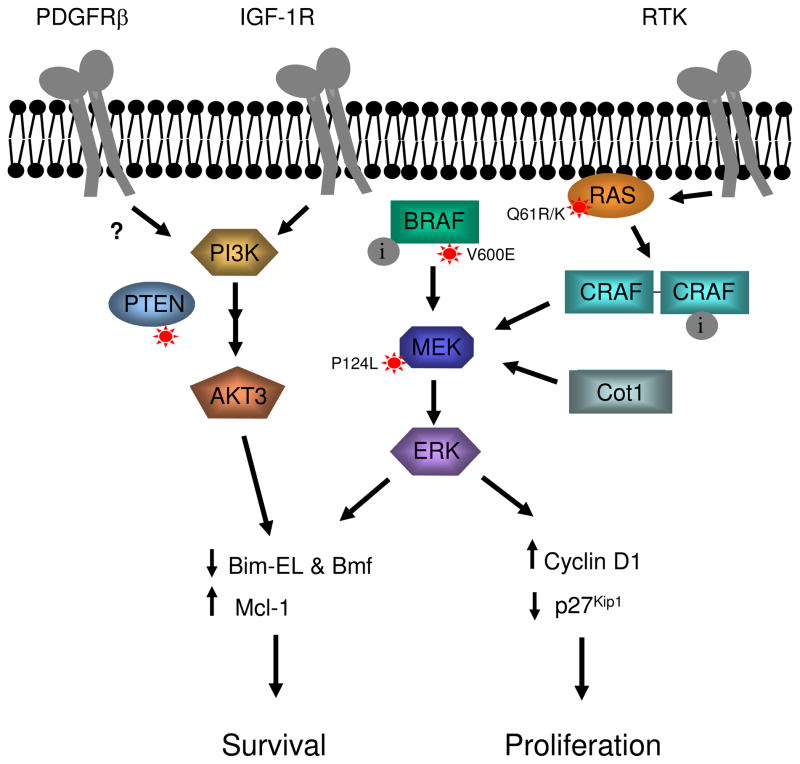Figure 1. Multiple mechanisms of resistance to RAF inhibitors in mutant B-RAF cells.
Resistance to RAF inhibitor (i) blockade of signaling through the MEK-ERK1/2 pathway can occur via acquired mutation in N-RAS (Q61K or Q61R) or up-regulation of receptor tyrosine kinases (RTK). These mechanisms enhance RAS activity, which promotes C-RAF dimerization and activation. MEK-ERK1/2 pathway activation can also occur through mutations in the B-RAF target, MEK1 (P124L), and via up-regulation of the MAP3K, Cot1. Activation of the parallel PI-3 kinase-Akt pathway is promoted by loss of PTEN expression/activity often through mutation and up-regulation of RTKs including IGF-1R and possibly PDGFRβ. Re-activation of the ERK1/2 pathway and PI-3K-Akt signaling promote G1/S cell cycle events including cyclin D1 up-regulation and down-regulation of the cyclin-dependent inhibitor, p27Kip1. Additionally, these pathways promote survival events by promoting expression of the anti-apoptotic protein, Mcl-1, as well as down-modulating levels of the pro-apoptotic BH3-only proteins, Bim-EL and Bmf. Alterations in the expression of these cell cycle and survival proteins may also promote resistance to RAF inhibitors.

